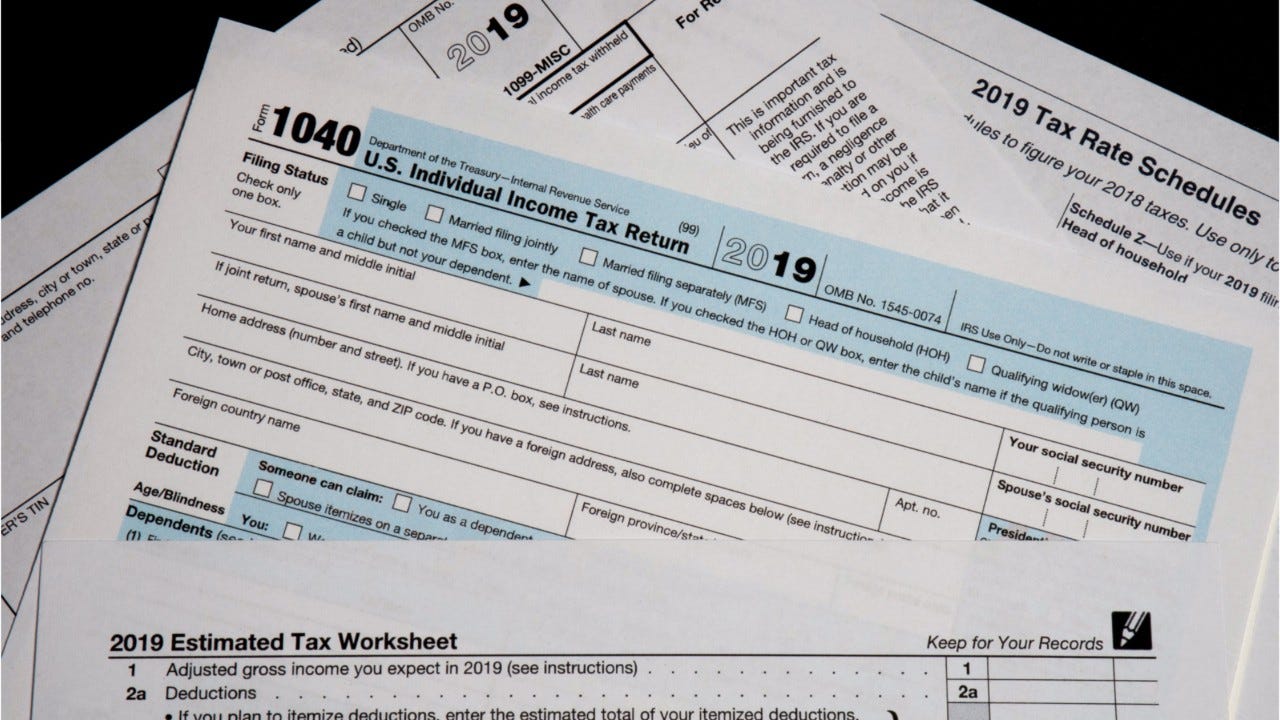

Add up the totals, and this is the net quarterly FUTA tax you owe the government. To calculate this tax, multiply each employee’s wages up to $7,000 paid in the quarter by 0.6 percent. This means the FUTA tax rate after the credit is 0.6 percent. A business can get a credit against their FUTA tax for amounts paid into state unemployment funds, up to 5.4 percent. As of January 1, 2019, the FUTA tax rate is 6 percent.
FEDERAL UNEMPLOYMENT TAX BREAK HOW TO
How to Calculate the FUTA Cut-Off MarkįUTA tax is only required on the first $7,000 an employee earns. All other nonprofit organizations must pay the FUTA tax.

An organization must apply for 501(c)(3) status and be granted the status legally through the IRS to be exempt from FUTA. These are usually public charities that give away funds directly to a cause like humanities, education, health services, religion, and more. Nonprofits that qualify as 501(c)(3) organizations are exempt from paying FUTA. Are Nonprofits Exempt from FUTA?Ĭertain nonprofits are exempt from FUTA, while others are required to pay the unemployment tax. The farmworkers test requires a business to pay the FUTA tax if they paid $20,000 or more to farmworkers in any calendar quarter, or if they employed 10 or more farmworkers for some part of a day during 20 or more different weeks in a calendar year.

A household employee is defined as anyone who works in a private home, fraternity, or sorority doing household work. The household employees test dictates that a company is subject to FUTA tax if they paid $1,000 or more to a household employee in a calendar quarter. An employer is exempt from paying FUTA only if they have paid an employee less than $1,500 in wages during a calendar quarter, or if they haven’t had an employee for 20 weeks or more within a calendar year. Most employers use the general test and must pay FUTA tax. There are different laws determining who is exempt from paying FUTA tax: the general test, household employees test, and farmworkers employees test. Learn More Today! Who Is Exempt from Paying FUTA? It is illegal to withhold the value of this tax from an employee’s wages. Specific requirements dictate that an employer must pay this tax if they paid wages of $1,500 or more during any calendar quarter, or if they had at least one employee for at least part of the day for 20 weeks or more within a calendar year period. Most employers are required to pay FUTA taxes. FUTA taxes are due the last day of the month at the end of the quarter. This means the most FUTA tax the average employer will ever pay is $420 per employee ($7,000 multiplied by 0.06).Įmployers must file a FUTA tax form every year, as well as pay the tax in the form of a quarterly deposit. Many employers receive a FUTA tax credit of 5.4 percent, which lowers their total FUTA tax rate to 0.6 percent. Employers should stop paying the tax after the employee has been paid more than $7,000. This payment funds state unemployment programs and is equal to 6 percent of the first $7,000 paid to each employee each year. Federal Unemployment Tax Act (FUTA) What Is FUTA Payroll Tax?įUTA is an acronym for the Federal Unemployment Tax Act, similar to State Unemployment Tax (SUTA, and is a federal law requiring employers to pay unemployment tax.


 0 kommentar(er)
0 kommentar(er)
